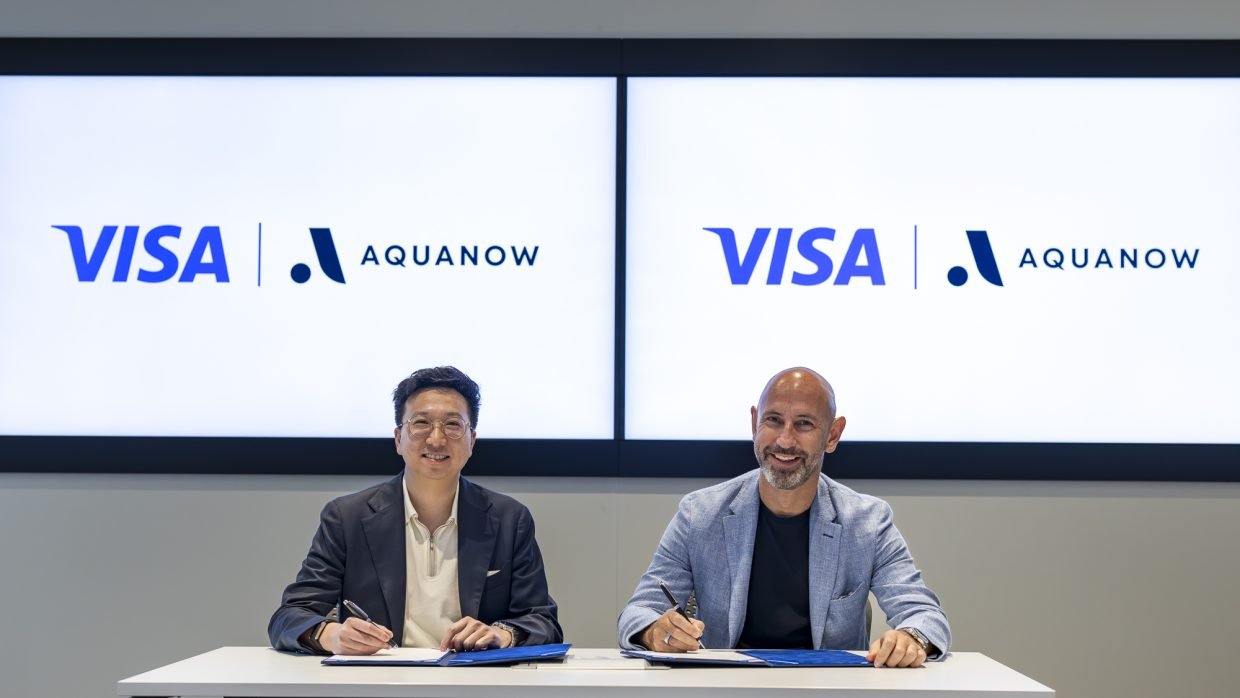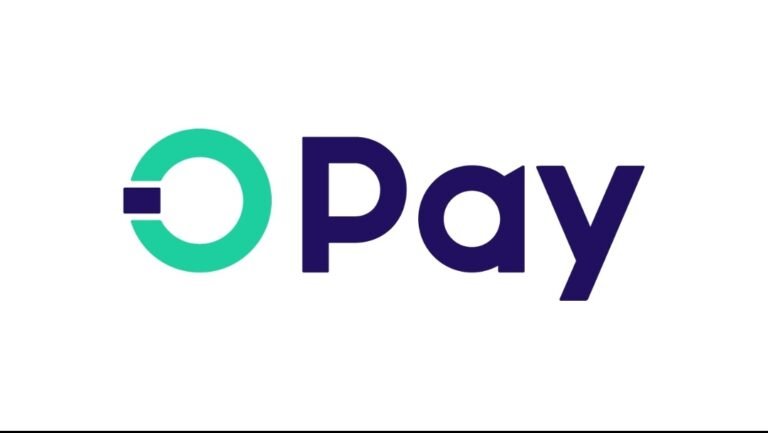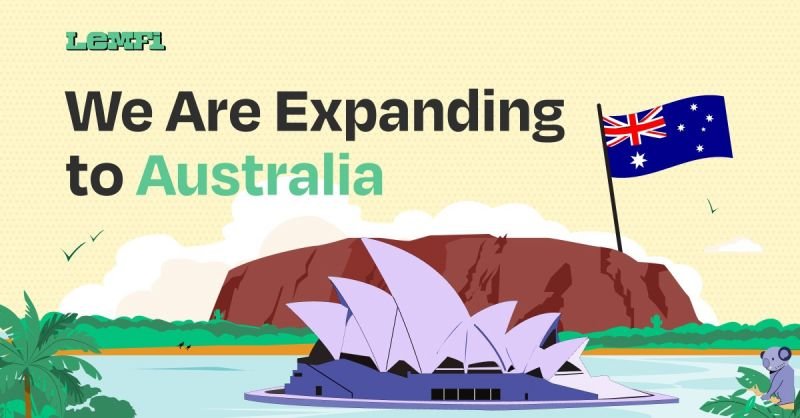Visa has entered a new partnership with global digital-assets infrastructure provider Aquanow to broaden its stablecoin settlement services across Central and Eastern Europe, the Middle East, and Africa (CEMEA).
The collaboration marks a significant step in Visa’s efforts to integrate blockchain-based settlement into its global payments network.
Under the partnership, financial institutions on Visa’s network in the region will be able to settle obligations using USD Coin (USDC), a regulated U.S. dollar-backed stablecoin, instead of relying exclusively on traditional correspondent banking systems.
This approach enables participating banks and payment partners to move funds using blockchain rails, reducing settlement timelines and operational friction.
According to Godfrey Sullivan, Visa’s Head of Product and Solutions for CEMEA, the goal is to simplify and accelerate money movement across borders.
“By combining stablecoin technology with Visa’s trusted global infrastructure, institutions in the CEMEA region can now access faster and more flexible settlement options,” he said.
Although card payments appear instantaneous to consumers, the back-end transfer of funds between banks often spans multiple days.
This delay is largely due to the reliance on legacy clearing systems and intermediaries.
Visa’s arrangement with Aquanow introduces a streamlined flow in which fiat currency can be converted to USDC for settlement, enabling 365-day availability and reducing costs associated with traditional cross-border processes.
Visa first piloted USDC-based settlement in 2023. Since then, interest from banks and fintech partners seeking more cost-efficient settlement solutions has increased sharply.
The company reports that its stablecoin settlement channels have already processed over $2.5 billion in annualised volume, a sign of growing institutional adoption of blockchain infrastructure.
Phil Sham, CEO of Aquanow, noted that the collaboration reflects a broader shift in global finance.
“Visa’s established payments network has long been a benchmark for secure and efficient money movement.
Together, we’re creating new pathways for institutions to participate in the digital asset economy,” he said.
The partnership is expected to strengthen cross-border payment reliability for Africa and other CEMEA markets, where high transaction costs and slow settlement have long challenged banks, fintechs, and merchants alike.
























